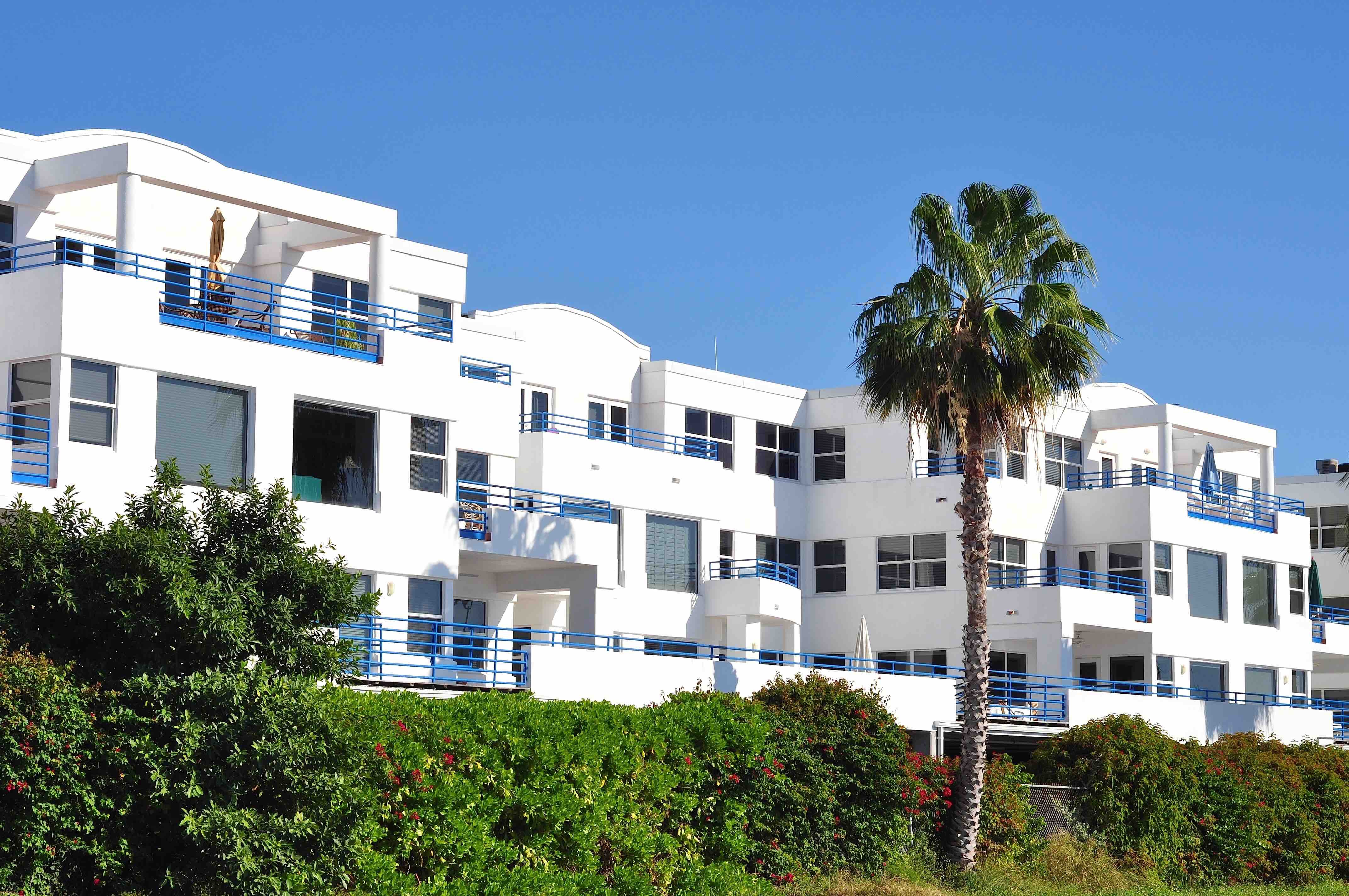There are many different ways to successfully invest in real estate. While rehabbing and flipping are currently the most popular methods, there other ways to make a profit. One of the tried and true ways to build a portfolio is by acquiring rental property. Not every good property makes a good rental property, however. There are a few things that make rental properties stand out. It is important to focus on these when you are considering a purchase. Here are six important things to look for when considering a rental property:
1. Location: One of the fundamental truths about any kind of real estate is the importance of location. This is particularity the case when it comes to rental properties. Aside from price, the next biggest factor is the location. You can have the best property, but if it is poorly located the demand won’t be as high as you need it to be. Most renters will immediately eliminate certain areas that they perceive to be poor. There are other neighborhoods that may appear to be thriving, but on closer inspection they aren’t as good as they seem. With a short term flip or rehab, you only need to worry about an area for a short amount of time. With a rental you should plan on keeping it for at least five to ten years. Not knowing the long-term outlook for the area you are buying can be disastrous.
2. Have a goal: Do you want to keep the property for a few years then sell? Are you looking to hold it for five years? Are you going to rent until the property is free and clear? Will a sudden increase in value impact your decisions? Are you looking for monthly cash flow or are you focused on building equity? Before you buy, you should have a good idea of what your short and long term goals for the property will be. These goals will have a direct impact on the kind of work you do and any upgrades you make. They will help you set a rental price and even impact future investing decisions. Things can and will change along the way, but you need to start off with a plan before you buy.
3. Know the numbers: Numbers for a rental property are everything. They will directly impact cash flow, equity and the purchase price. Most novice rental property owners do not have an idea of all the costs associated with a rental property. There is much more to estimating cash flow than just the monthly principal, interest, taxes and insurance. You need to account for the water and sewer bill, snow removal, lawn maintenance, vacancies, repairs and a host of other unexpected items. You need to know everything about comparable homes in your area, and see where they are getting their rental price from. The numbers that you use today may not stay that way for very long. Taxes and insurance can change in addition to rental demand decreasing. Not only do you need to know all the numbers, but you also need to know where they came from and where they are going.
4. Know your market: High end appliances and upgrades do not make sense for every market. Tenants like to live in a rental they are comfortable with, but they are usually not willing to pay the extra price for it. Before you buy, you should have an idea of what work will yield the greatest return. This means spending a few weekends physically looking at other rentals in your market and seeing what they offer. Your goal should be to plan on improving slightly above what is currently available. By offering a superior product at a comparable price, you should be able to keep your rental occupied with any vacancy gaps.
5. Useable space: There is not much difference between renters and buyers. Even though a buyer may be looking for the long term, they want specific things in a property. Renters are the same way. You can have a great property in a fantastic location, but if it does not meet the standard number of bedrooms or baths it will go un-rented for longer than you intend. Buying a rental with the intent of converting a room to a small bedroom is often counterproductive. A bedroom just to call it a bedroom will not attract tenants. You need your bedroom to be a minimum size and have minimum qualifications. If the property does not offer this, it may not make sense – regardless of the price you get it for.
6. Parking: In recent years there has been an increased demand from renters for suitable parking. This is especially the case if the property is located in any area that is impacted by snow. Off street parking in the winter months can get very tricky. Renters will often place a premium on a driveway, and especially a garage. These will allow you to charge a higher rental amount and increase the chances that your property will stay in demand. If adding parking is a realistic option, this should be something that you strongly consider.
A good rental property can help grow your business or give your portfolio the push forward it needs. A property that would make a good place to live or even a good rehab candidate may not make the best rental property. Before you move forward, you should give yourself the best chance at success by knowing everything about the property and the market.






